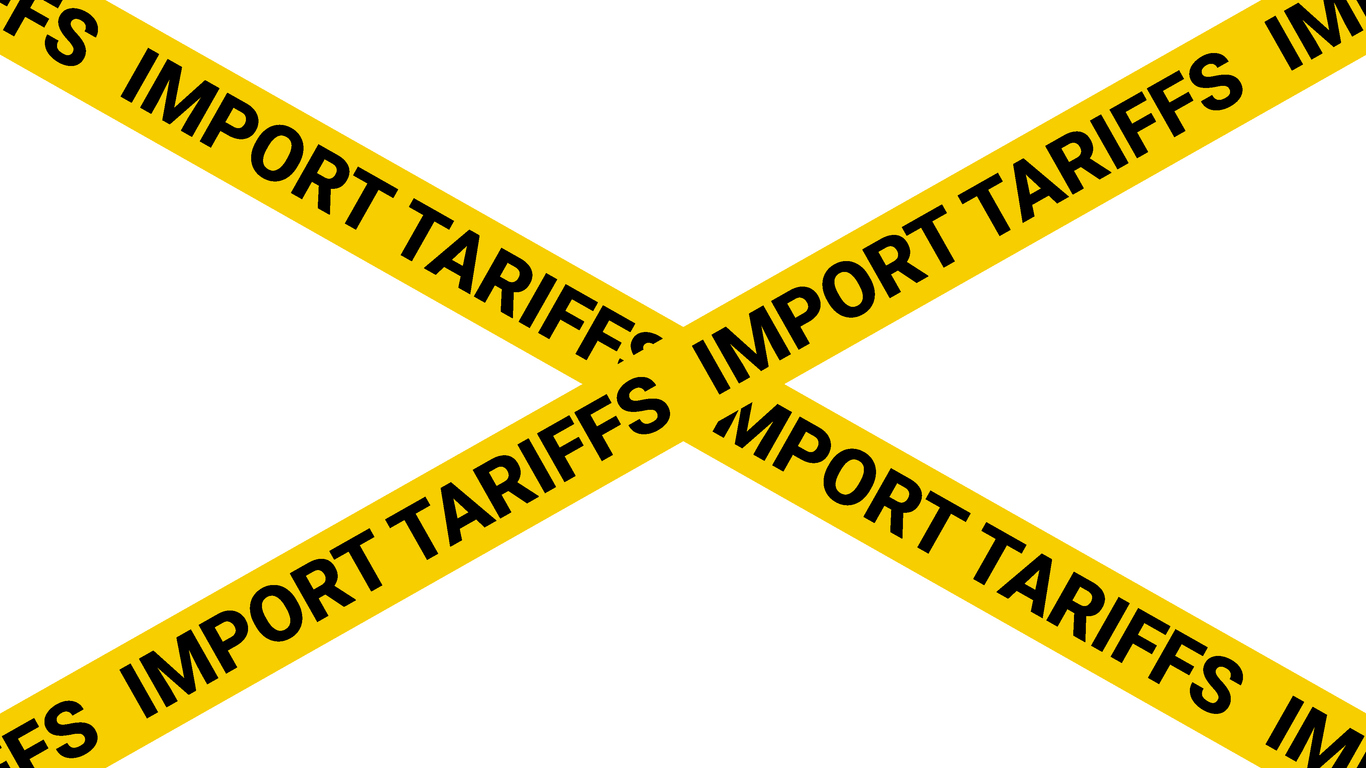A Guide for Foreign Companies Sourcing Nigerian Products
Nigeria is a top destination for sourcing agricultural commodities, solid minerals, and fast-moving consumer goods (FMCG). With its vast natural resources, youthful workforce, and strategic location, the country offers significant opportunities for foreign companies seeking to diversify their supply chains. However, navigating local logistics, regulations, and market dynamics can be complex without local expertise.
This guide explores key opportunities, sourcing challenges, and how foreign companies can streamline their operations by partnering with an experienced distributor like Wigmore Trading.
Why Nigeria Is a Sourcing Hub for Global Buyers
1. Rich Agricultural and Mineral Resources
Nigeria is one of Africa’s largest producers of:
-
Ginger, sesame seeds, hibiscus flowers
-
Cocoa, cashew nuts, and shea butter
-
Charcoal, limestone, and lead ore
These commodities are in high demand across Europe, Asia, and North America, especially in the food, cosmetics, and industrial sectors.
2. Large Domestic Market & Competitive Pricing
With over 200 million people, Nigeria’s domestic market supports mass production, which translates to economies of scale. For foreign companies, this means:
-
Access to bulk quantities
-
Lower production costs
-
Competitive export pricing
3. Growing Export Infrastructure
Nigeria has made significant strides in:
-
Port modernization (e.g., Lagos, Onne)
-
Digital customs processing via the Nigerian Export Promotion Council (NEPC)
-
Export expansion programs supporting non-oil sectors
Key Challenges Foreign Companies May Face
1. Regulatory Complexity
Export procedures often involve multiple agencies, including:
-
NEPC
-
Nigerian Customs
-
NAFDAC (for food and drug-related exports)
Missteps in documentation or licensing can delay shipments or lead to penalties.
2. Inconsistent Product Standards
Lack of standardized grading for some agricultural products makes quality control a top concern. Foreign companies risk sourcing substandard or adulterated goods without trusted local partners.
3. Logistical Bottlenecks
Congestion at ports, bad road networks, and power supply issues can impact transportation and warehousing—especially for perishable or sensitive goods.
Practical Solutions: What Foreign Companies Should Do
✅ Work With a Trusted Local Partner
Wigmore Trading has a proven track record in helping foreign buyers source, verify, and export high-quality Nigerian products. Services include:
-
Product sourcing and inspection
-
Export documentation and compliance
-
Freight forwarding and port handling
-
End-to-end supply chain coordination
✅ Invest in Supplier Vetting
Use third-party inspections and audits to verify:
-
Farm or factory practices
-
Storage and packaging conditions
-
Compliance with international standards
✅ Leverage Local Knowledge
Understanding regional supply patterns, price cycles, and harvest seasons can improve cost efficiency and reduce delays.
How Wigmore Trading Can Help
Wigmore Trading is a trusted sourcing and distribution partner for foreign companies looking to tap into Nigeria’s rich export potential. Whether you’re sourcing agricultural products, industrial raw materials, or FMCG, we offer:
-
Verified supplier networks
-
Quality control and product traceability
-
Export logistics and regulatory support
-
Fast, secure international delivery
Our team understands the nuances of Nigerian markets and international trade expectations. Contact us today to streamline your sourcing process and reduce operational risks.
Conclusion
Nigeria’s export market is full of untapped potential, but it requires insider knowledge, compliance expertise, and robust logistics to succeed. For foreign companies sourcing Nigerian products, the key to success lies in choosing the right local partner.
Wigmore Trading can help. Get in touch with our team to simplify your sourcing strategy and access high-quality Nigerian commodities with confidence.








Comments are closed.